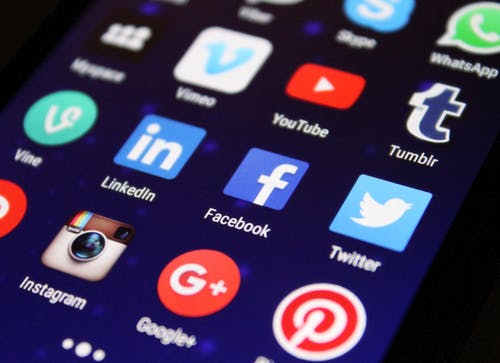The internet has become an integral part of our daily lives. From texting to online shopping, streaming entertainment and streaming work, it’s hard to avoid the waves of screens and quick connection methods that the online universe offers. But being so connected all the time has produced a new phenomenon that affects all aspects of our lives, and that is online obsession.
In essence, online obsession is the inability to turn away from the online world for extended periods of time. It has become increasingly difficult for people to pull away from their devices and embrace the real world. Instead, they stay in the virtual realm of the World Wide Web. Even when everyone else is gathering around a campfire or hanging out in the park, the online obsessive cannot tear their eyes away from their devices and be fully present in their offline lives.
This online obsession has spawned several complications not just in the personal arena but also professionally. On the one hand, staying connected is necessary for the everyday running of a business. Constantly following the online trends and staying connected to the customer base has become essential in order for companies to thrive in the digital age. But, on the other hand, the lack of separation between the physical and the digital world can mean that people become consumed with the online activities and fail to create any sort of balance.
The pros of being online all the time are clear; you can stay connected, stay informed and boost productivity. For most people, the online world is essential for staying on top of their personal and professional tasks. But there are also several cons that come along with being connected all the time. It can lead to a lack of mindfulness, increased stress, and in extreme cases, a physical dependency on the internet.
By not having enough time to take a break, people can become more prone to burnout and emotional distress. With less time to unplug from devices, interactions with automated machines replace real human communication. Excessive dependence on online activities may also lead to psychological disturbances.
Overall, being connected to the internet all the time can be useful, but it is a double-edged sword. It’s great for staying productive and efficient, but it can come with major side effects if overused. The key to managing online obsession is to maintain balance between the digital and physical worlds. Take breaks, enjoy physical activities, engage in meaningful conversations and cherish the present moments. Online obsession is real, but it doesn’t have to define your life.









